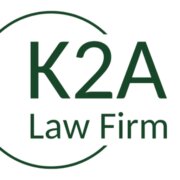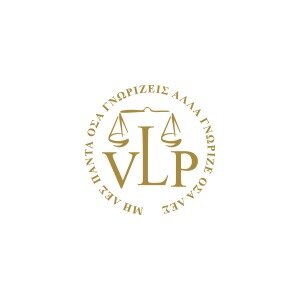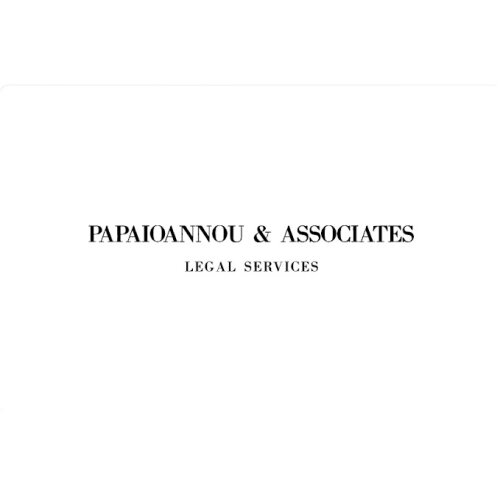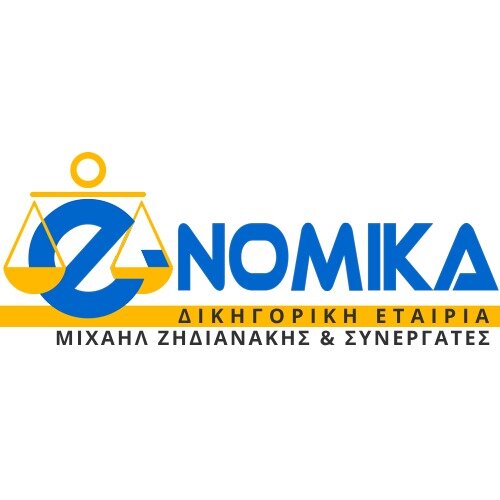Best Conveyancing Lawyers in Thessaloniki
Share your needs with us, get contacted by law firms.
Free. Takes 2 min.
Free Guide to Hiring a Real Estate Lawyer
List of the best lawyers in Thessaloniki, Greece
About Conveyancing Law in Thessaloniki, Greece
Conveyancing refers to the legal process of transferring property ownership from one person to another. In Thessaloniki, Greece, conveyancing is a vital part of any real estate transaction and is strictly regulated by Greek property law. The process involves several steps, including the signing of a sale agreement, due diligence for title and land use, tax settlements, and registration with the local land registry. Working with a qualified legal professional is essential to navigate the often complex procedures required by local authorities and to ensure that property rights are fully protected during the transaction.
Why You May Need a Lawyer
There are several situations where hiring a lawyer is crucial for conveyancing in Thessaloniki. Purchasing or selling a residence, commercial building, or land typically involves large financial stakes and detailed regulations. A lawyer will conduct due diligence to identify legal issues such as disputed ownership, mortgages, or outstanding taxes. Legal professionals can also help non-Greek speakers understand the nuances of local property law, handle contract drafting, manage negotiations, and ensure compliance with all legal requirements. Engaging a lawyer is especially important for foreign buyers, inheritors of property, or anyone needing to resolve disputes related to past property transactions.
Local Laws Overview
Conveyancing in Thessaloniki is governed primarily by the Greek Civil Code, which sets out the foundational rules for property transfer. Key aspects include the necessity for all transactions to be notarized, payment of transfer taxes, and strict checks by the local land registry. Only real estate transactions that are properly notarized and registered are considered legally binding. The seller must provide proof of undisputed ownership, a certificate of property tax clearance, and evidence of compliance with urban planning regulations. Non-EU buyers may face additional restrictions or need special approval in certain areas. Overall, adhering to both national laws and local Thessaloniki requirements ensures a smooth conveyancing process.
Frequently Asked Questions
What is the typical process for purchasing property in Thessaloniki?
The process involves due diligence, drafting a preliminary agreement, signing the final contract before a notary, paying taxes, and registering the transaction at the land registry. Your lawyer will coordinate these steps and protect your interests at each stage.
Do I need to be physically present in Thessaloniki for the transaction?
No, you can authorize a lawyer via power of attorney to represent you throughout the conveyancing process. This is common for foreign buyers or sellers.
How much are property transfer taxes in Greece?
The standard property transfer tax is currently 3 percent of the property's declared value. There may also be notary, lawyer, and registry fees.
Is it mandatory to use a lawyer for conveyancing in Greece?
While not legally compulsory in all cases, it is highly recommended, especially for non-Greek speakers or foreigners, due to the complexity of property laws and local regulations.
How long does the property transfer process usually take?
On average, the entire process takes between four and eight weeks, provided there are no legal issues affecting the title or property documentation.
What documents are required for property transfer?
Essential documents include the seller’s proof of ownership, property tax clearance, urban planning certificates, and the buyers’ tax identification numbers. Other documents may be needed depending on the specific property.
Are there any restrictions for foreign buyers?
Foreign buyers from outside the EU may face extra restrictions in some border regions. Generally, Thessaloniki is open to foreign property purchases, but buyers must respect all relevant requirements.
Who is responsible for checking the property title for encumbrances?
Your lawyer is responsible for conducting a title search to ensure the property is free from legal disputes, mortgages, or liens before the transaction proceeds.
Can I buy property jointly with another person?
Yes, joint purchases are permitted. Co-owners should have a legal agreement in place about the use and possible sale of the property in the future.
What happens after the sale contract is signed?
After notarization, the transaction is registered at the local land registry, and the buyer becomes the legal owner. Payment of all relevant taxes and fees must occur prior to this step.
Additional Resources
For further information and assistance, consider the following resources:
- Thessaloniki Land Registry (Ktimatologio): Handles registration and legal validation of property transfers.
- Greek Bar Association: Lists qualified lawyers specialized in property law.
- Local Notary Public Offices: Arrange notarization and offer guidance on document requirements.
- Ministry of Finance and Ministry of Environment: Publish official guidelines on taxes and urban planning regulations.
Next Steps
If you are seeking legal assistance for conveyancing in Thessaloniki, start by gathering your existing property documents and identification. Research and contact a qualified local lawyer who specializes in real estate or property law. Clearly communicate your goals and provide all requested information to your legal representative. Also, ensure your financial resources are in order to cover taxes, fees, and the purchase price. A lawyer can help you manage each stage of the process and translate any necessary documents, providing peace of mind throughout the transaction.
Lawzana helps you find the best lawyers and law firms in Thessaloniki through a curated and pre-screened list of qualified legal professionals. Our platform offers rankings and detailed profiles of attorneys and law firms, allowing you to compare based on practice areas, including Conveyancing, experience, and client feedback.
Each profile includes a description of the firm's areas of practice, client reviews, team members and partners, year of establishment, spoken languages, office locations, contact information, social media presence, and any published articles or resources. Most firms on our platform speak English and are experienced in both local and international legal matters.
Get a quote from top-rated law firms in Thessaloniki, Greece — quickly, securely, and without unnecessary hassle.
Disclaimer:
The information provided on this page is for general informational purposes only and does not constitute legal advice. While we strive to ensure the accuracy and relevance of the content, legal information may change over time, and interpretations of the law can vary. You should always consult with a qualified legal professional for advice specific to your situation.
We disclaim all liability for actions taken or not taken based on the content of this page. If you believe any information is incorrect or outdated, please contact us, and we will review and update it where appropriate.

















